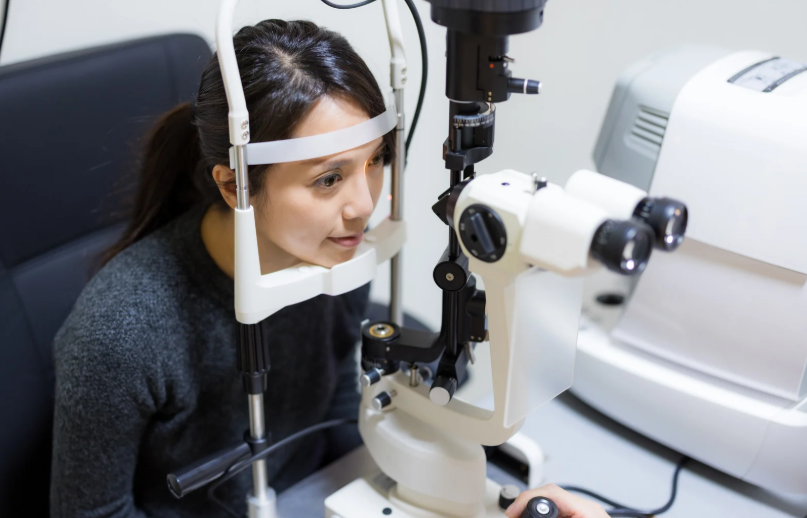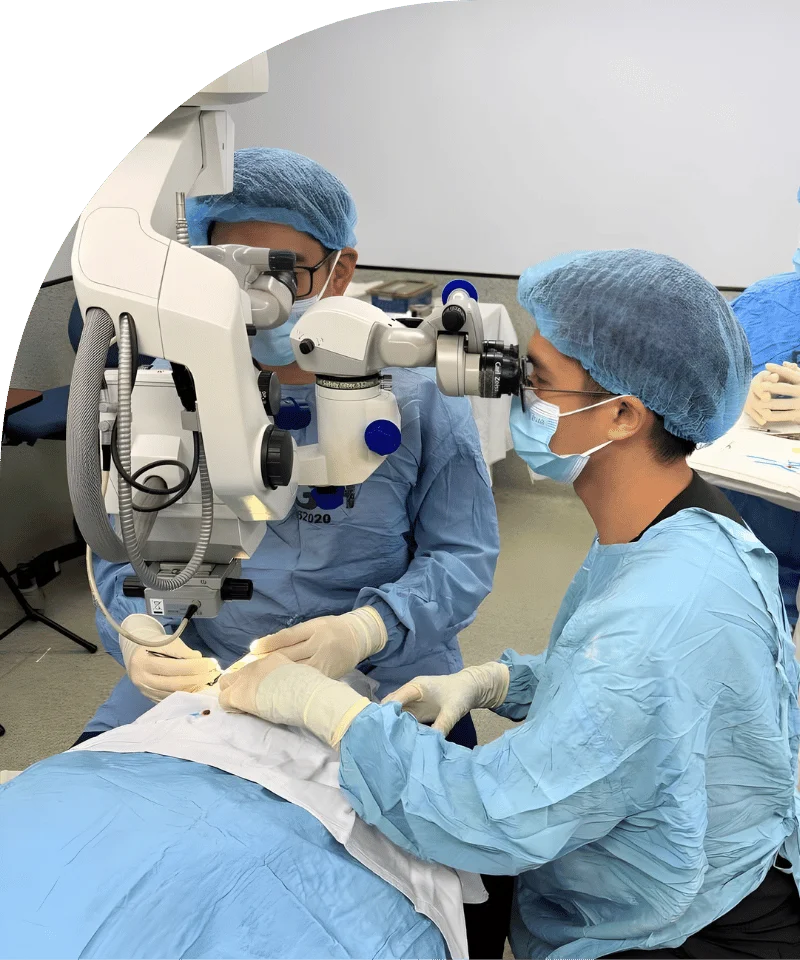Understanding Shoulder Injuries and Pain
The shoulder is one of the most flexible joints in the body, allowing a wide range of motion for everyday activities and sports. This mobility makes it vulnerable to injuries, which can affect the rotator cuff, labrum, tendons, ligaments, or bones. Common causes of shoulder injuries include rotator cuff tears, dislocations, tendonitis, bursitis, fractures, and repetitive overuse. Acute injuries may result from falls, sports, or accidents, while chronic pain often develops due to repetitive strain or degenerative conditions such as arthritis. Shoulder injuries can limit the ability to perform simple tasks like lifting, reaching, or even dressing. Early recognition of shoulder pain is critical to prevent worsening damage and long-term disability. Patients seeking Shoulder Injuries & Pain Treatment Fishers, IN benefit from personalized care that addresses the root cause of pain, not just the symptoms.
Symptoms and Warning Signs
Shoulder injuries can manifest in various ways, depending on the type and severity of the problem. Common symptoms include sharp or dull pain, stiffness, swelling, and reduced range of motion. Pain may radiate down the arm or into the neck, and some patients experience weakness or a feeling of instability in the joint. Certain activities, such as lifting objects overhead or sleeping on the affected side, can exacerbate discomfort. Red flags like severe trauma, sudden loss of motion, numbness, or inability to use the arm require immediate attention. Persistent shoulder pain can impact daily life, making it difficult to work, exercise, or perform household tasks. Clinics specializing in Shoulder Injuries & Pain Treatment Fishers, IN provide thorough evaluations to identify underlying causes and tailor treatment plans for optimal recovery.
Diagnosis and Assessment in Fishers, IN
Proper diagnosis is essential for effective shoulder pain management. Healthcare providers begin with a detailed physical examination to evaluate the patient’s range of motion, strength, and areas of tenderness. Imaging techniques such as X-rays, MRI, ultrasound, or CT scans help identify fractures, tears, inflammation, or degenerative changes in the shoulder. Lab tests may be ordered to rule out infections or inflammatory conditions like rheumatoid arthritis. Accurate diagnosis allows clinicians to develop a personalized treatment plan that targets the specific injury or condition. Early and precise assessment can prevent long-term damage and improve recovery outcomes. Local clinics in Fishers, IN offering Shoulder Injuries & Pain Treatment combine advanced diagnostics with patient-centered care to ensure the best possible results.
Non-Surgical Treatment Options
Non-surgical treatments are often the first step in managing shoulder pain. Physical therapy is highly effective, focusing on exercises that strengthen the rotator cuff, improve flexibility, and restore normal movement. Pain management strategies may include anti-inflammatory medications, acetaminophen, or topical analgesics. Heat and cold therapy help reduce inflammation and soothe sore muscles, while TENS units can provide electrical stimulation to relieve nerve-related pain. Lifestyle modifications such as adjusting activity levels, improving posture, and using ergonomic tools can prevent aggravation of the injury. Combining multiple non-invasive therapies often leads to faster recovery and reduced recurrence. Clinics providing Shoulder Injuries & Pain Treatment Fishers, IN prioritize these conservative approaches to minimize risk and maximize patient comfort.
Advanced and Alternative Therapies
For patients needing additional support, advanced and alternative therapies can play a key role in recovery. Corticosteroid injections target inflammation directly in the shoulder joint, while platelet-rich plasma (PRP) injections may promote tissue healing and reduce pain. Chiropractic care, acupuncture, and massage therapy offer natural relief by improving joint alignment, blood circulation, and muscle relaxation. These therapies often complement traditional physical therapy, enhancing overall mobility and reducing discomfort. Patients should be aware of potential risks and consult qualified professionals before starting advanced therapies. Clinics specializing in Shoulder Injuries & Pain Treatment Fishers, IN often integrate these approaches under professional supervision to ensure safety and effectiveness. Combining traditional and alternative treatments can lead to faster recovery and improved shoulder function.
Surgical and Minimally Invasive Options
Surgery may be recommended when non-surgical treatments are insufficient or when structural damage is severe. Common indications include large rotator cuff tears, severe dislocations, fractures, labral tears, or persistent pain affecting daily life. Minimally invasive procedures like arthroscopy allow surgeons to repair tendons, ligaments, or cartilage with smaller incisions, reducing tissue damage and speeding recovery. Shoulder replacement surgery may be necessary in cases of advanced arthritis or significant joint deterioration. Post-surgical rehabilitation is crucial to restore strength, flexibility, and range of motion. Experienced orthopedic surgeons in Fishers, IN ensure patients receive optimal care and guidance throughout the recovery process. Surgery is always considered in conjunction with conservative care to achieve the best long-term outcomes.
Preventive Measures for Shoulder Health
Preventing shoulder injuries and pain is essential to maintaining mobility and quality of life. Proper lifting techniques, good posture, and ergonomic adjustments in daily activities reduce strain on the shoulder joint. Regular exercises targeting the rotator cuff, deltoid, and surrounding muscles strengthen the shoulder and improve stability. Maintaining a healthy weight helps minimize stress on joints, while low-impact activities like swimming or cycling promote flexibility without overloading the shoulder. Stretching and mobility exercises before and after physical activity can prevent stiffness and reduce the risk of injury. Patients who pursue Shoulder Injuries & Pain Treatment Fishers, IN are often educated on preventive strategies to protect the shoulder long-term. Consistent practice of these habits supports recovery and minimizes the chance of recurring problems.
Choosing the Right Clinic for Shoulder Care in Fishers, IN
Selecting a clinic with expertise in shoulder injuries is critical for effective treatment. Clinics offering Shoulder Injuries & Pain Treatment Fishers, IN provide individualized care plans tailored to each patient’s specific condition and lifestyle. Factors to consider include the experience of healthcare providers, available treatment options, patient reviews, and accessibility. Asking questions about rehabilitation protocols, therapy approaches, and expected outcomes helps patients make informed decisions. A multidisciplinary approach ensures that patients receive comprehensive care, addressing both pain relief and functional recovery. Access to advanced diagnostics, alternative therapies, and post-treatment support enhances the quality of care. Professional guidance from a trusted local clinic ensures optimal results and long-term shoulder health.
Frequently Asked Questions (FAQ)
How long does it take to recover from shoulder injuries?
Recovery depends on the severity of the injury. Mild strains may improve within a few weeks with conservative care, while more serious tears or fractures can require several months of therapy or surgery.
Are non-surgical treatments effective for chronic shoulder pain?
Yes, many patients achieve significant relief with physical therapy, medications, injections, and complementary therapies such as massage or chiropractic care.
Can shoulder pain return after treatment?
Recurrent shoulder pain is possible if underlying causes like muscle weakness, poor posture, or overuse are not addressed. Preventive exercises and proper care can reduce recurrence.
What exercises are safest for someone with shoulder injuries?
Low-impact activities and targeted strengthening or stretching exercises are generally safe. Professional guidance ensures proper technique and avoids aggravating the injury.
How do I know if I need surgery for my shoulder?
Persistent pain unresponsive to conservative care, severe structural damage, or large rotator cuff tears may indicate the need for surgical evaluation by an orthopedic specialist.









